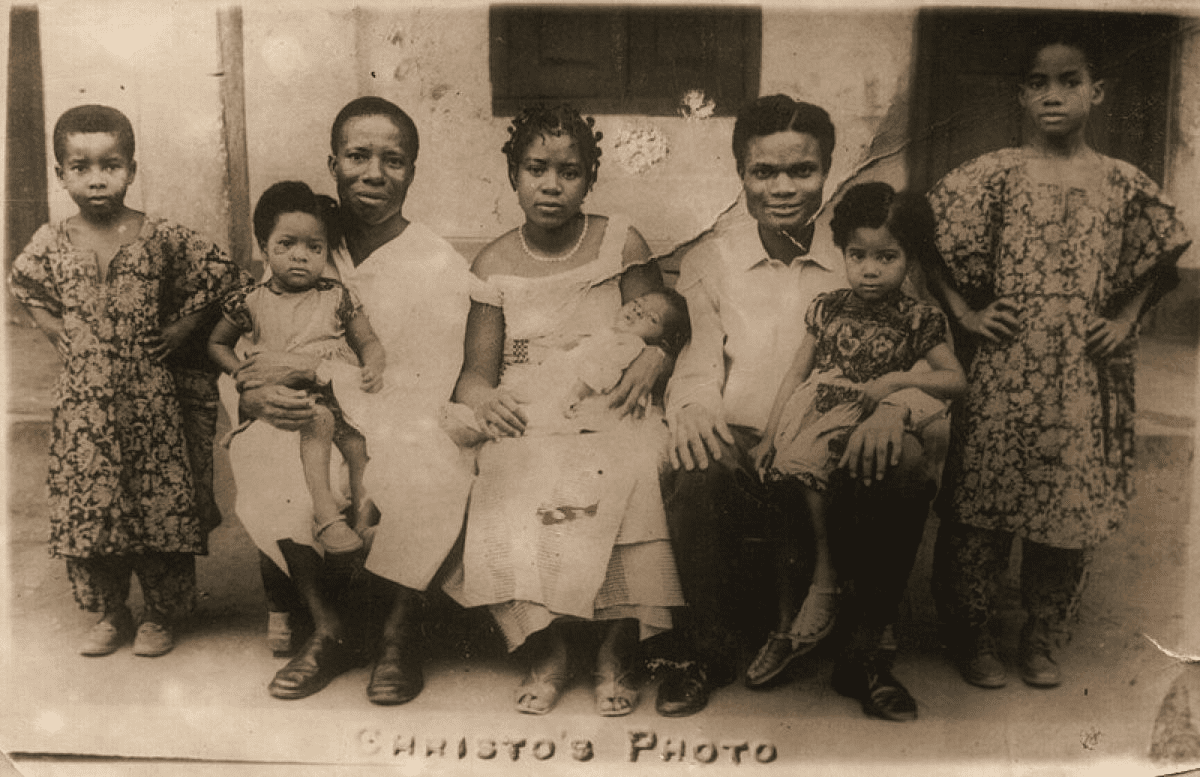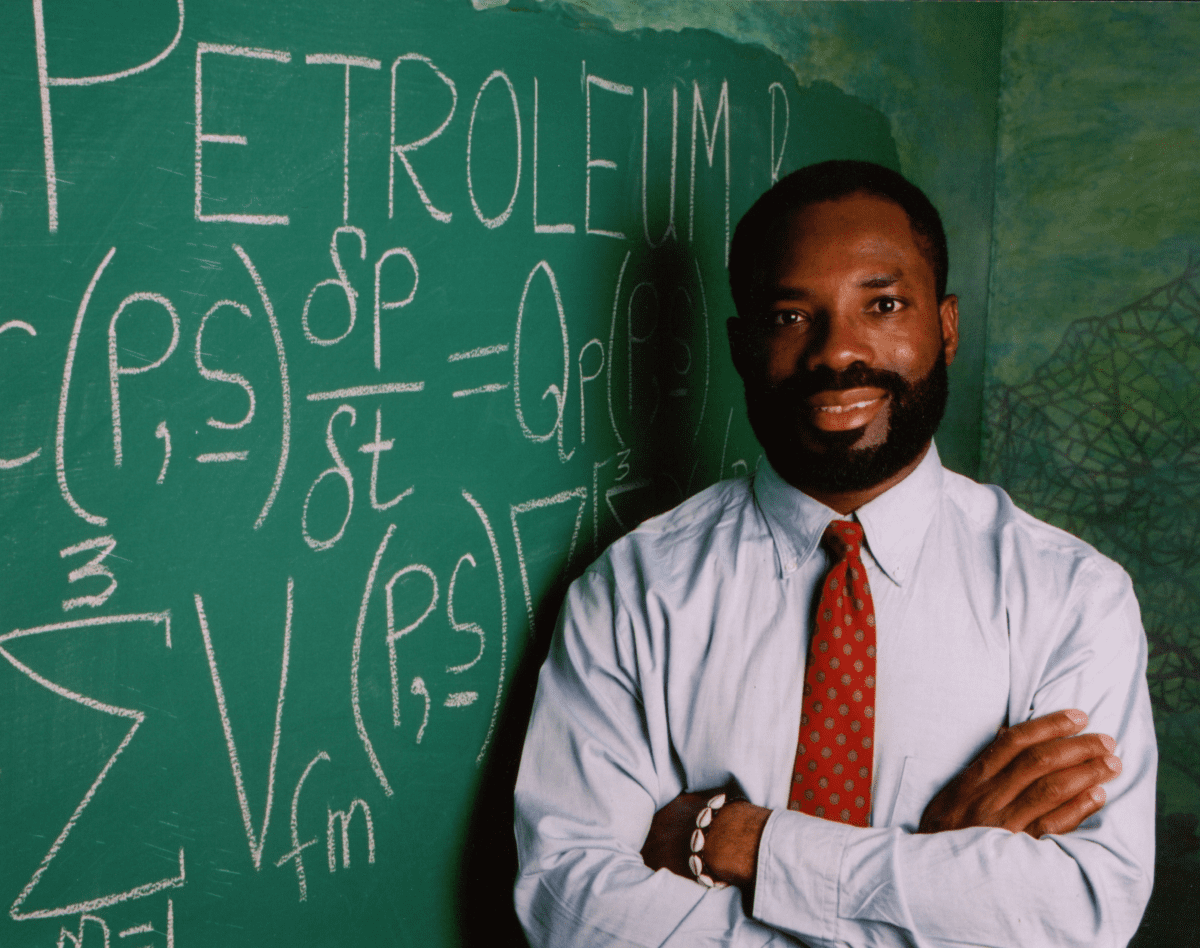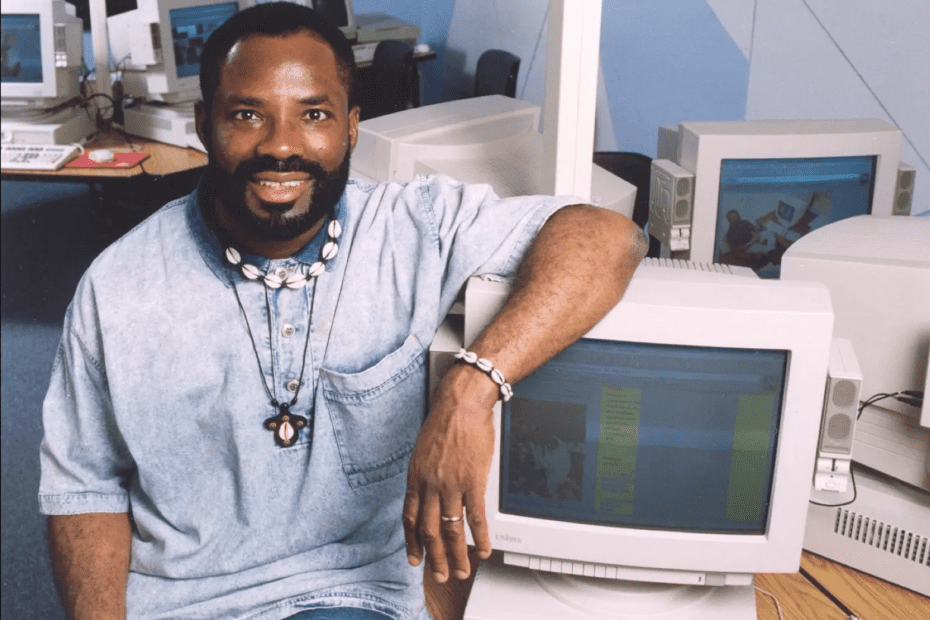In the world of technological innovation, certain individuals emerge as pioneers, paving the way for groundbreaking advancements. One such figure is Dr. Philip Emeagwali, a Nigerian-American computer scientist whose contributions to the field have left an indelible mark. Read on as we look at the life, achievements, and controversies surrounding Dr. Philip Emeagwali.
Early Life of DR. Philip Emeagwali
Dr. Philip Emeagwali’s early life in Akure, Nigeria, was marked by a burgeoning intellect and a passion for learning. Born in 1954, he grew up in a small village where the resources for academic pursuits were limited. However, his insatiable curiosity and determination led him to pursue a path less traveled. His early exposure to basic mathematics and science set the stage for a remarkable journey.
Emeagwali’s family recognized and nurtured his academic potential. Despite financial constraints, they prioritized his education, emphasizing the transformative power of knowledge. Emeagwali’s early experiences in a modest village became the foundation for the resilience and resourcefulness that would later define his approach to complex problem-solving in the world of computing.
Emeagwali’s journey from the Nigerian village to the global stage reflects not only his drive but also the pivotal role that supportive familial environments can play in nurturing and propelling exceptional talent onto the world stage.

Educational Background
His early education began in a British-run Catholic elementary school in Eastern Nigeria, where his father’s tuition in mathematics sparked a keen interest in the subject. Unfortunately, the Nigerian Civil War disrupted his schooling, leading to a relocation to a refugee camp. Despite these challenges, Emeagwali excelled academically and later served in the Biafran army when he was 13.
Following the war, Emeagwali resumed his education at Christ the King College in Onitsha, Nigeria. Financial constraints necessitated a brief withdrawal at 14, during which he undertook self-study. In 1973, he passed a high school equivalency test provided by the University of London. This achievement earned him a scholarship to Oregon State University, where he earned a bachelor’s degree in mathematics in 1977. Also Read: Ghanaian Hollywood Stars: 7 names you need to know
His academic journey continued with a series of master’s degrees:
- M.S. in environmental engineering from Howard University in 1981
- M.S. in ocean, coastal, and marine engineering from George Washington University in 1986
- M.S. in mathematics from the University of Maryland in 1986
Emeagwali’s educational pursuits culminated in his Ph.D. studies at the University of Michigan. During his time at Michigan, he actively participated in the scientific community’s discussions on simulating oil reservoir detection using supercomputers. Consequently, with his knowledge of the drilling process and coming from a nation rich in oil resources, he chose to address this issue in his doctoral dissertation.
Breakthrough Achievements
Emeagwali’s most notable achievement lies in his groundbreaking work in the field of supercomputing. Departing from conventional approaches, Emeagwali conceived an innovative solution inspired by a science fiction story about predicting the weather. Instead of utilizing a few expensive supercomputers, he harnessed the power of thousands of interconnected microprocessors. To implement his vision, he identified the Connection Machine at the Los Alamos National Laboratory and designed it to run 65,536 interconnected microprocessors.
In 1987, Emeagwali secured permission to use the machine and remotely executed his program from Ann Arbor, Michigan. The remarkable outcome not only accurately computed the oil reservoir but also demonstrated the machine’s capability to perform a staggering 3.1 billion calculations per second. This breakthrough marked a pivotal moment in computing history, earning Emeagwali the prestigious Institute of Electronics and Electrical Engineers’ Gordon Bell Prize in 1989, often regarded as the Nobel Prize of computing.
The significance of his achievement extended beyond academia, as the practical and cost-effective method he pioneered opened doors for global communication. The oil industry swiftly adopted his idea, leading to the creation of the Hyperball International Network, a precursor to the World Wide Web. Emeagwali’s visionary work positioned him as one of the fathers of the Internet, and his contributions have left an eternal mark on the evolution of digital communication technologies.

Controversies and Criticisms
While Emeagwali’s achievements are lauded, his journey has not been without controversies. Some critics have raised questions about the accuracy of certain aspects of his claims. A Sahara Reporter’s article from 2010 accused Emeagwali of gracing his achievements and fabricating details about his background. The controversy raised questions about the truth of his self-proclaimed title as “father of the Internet” and other aspects of his professional narrative.
Emeagwali’s response to these allegations and the ensuing debate underscores the complexities of navigating fame and recognition in the competitive world of science and technology. It prompts reflection on the challenges faced by individuals in the public eye, particularly when their narratives cross with issues of identity, achievement, and representation.
Legacy and Impact
Regardless of the controversies surrounding his persona, Philip Emeagwali’s legacy in the world of computing remains influential. His pioneering work in parallel processing and supercomputing has paved the way for subsequent generations of scientists and engineers. Emeagwali’s journey serves as an inspiration for aspiring individuals from underrepresented backgrounds, showcasing the potential for brilliance to transcend geographical and cultural boundaries.
Bottom Line
Dr. Philip Emeagwali’s life and work embody the spirit of innovation and perseverance. His contributions have left an enduring impact on the world of computing. And his legacy continues to inspire the next generation of innovators. As we reflect on his journey, let us celebrate the man who not only revolutionized technology but also exemplified the power of intellect, resilience, and the pursuit of knowledge.
References



